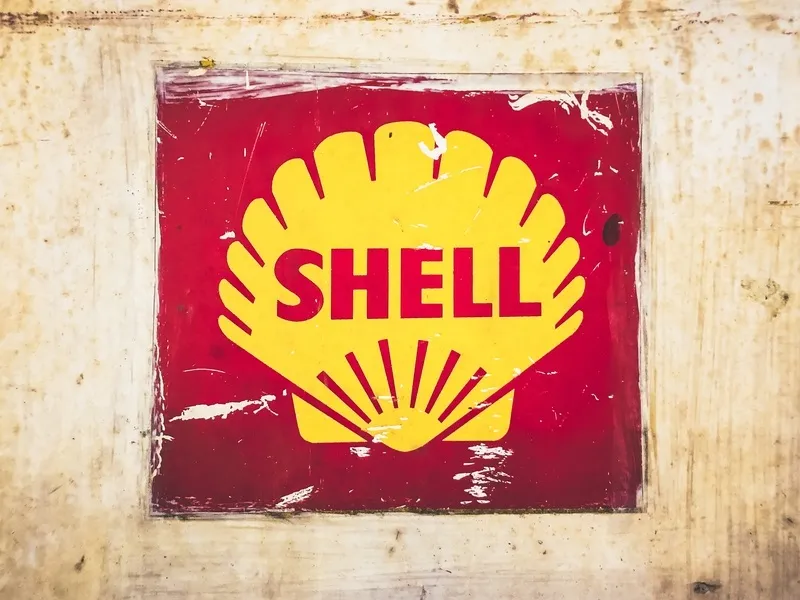
Masabi’s fare-payments-as-a-service model for public transport is a key enabler of Mobility as a Service (MaaS), which is often touted as an environmentally-friendly means of making transit more convenient and sustainable.
Masabi sees no contradiction in taking money from Shell, one of the world’s biggest fossil fuels companies. The company says Shell’s investment “will help support the global expansion” of its Justride platform, which underpins MaaS services.
It is the second recent high profile example of companies which are heavily involved in MaaS receiving funding from oil companies.
Last year, MaaS Global founder Sampo Hietanen justified his company’s partnership with BP by saying: “If you are big enough and have been around for long enough, you usually have made a few bad choices along the way - and also choices that once appeared right but in retrospect have contributed to something undesirable.”
Masabi CEO Brian Zanghi says: “While hybrid and zero-emission projects have proven that the potential for reducing costs and cutting emissions is substantial, Shell also sees the need to take vehicles off the road by transitioning drivers to become riders. But for this to happen, there needs to be a revolution in how people make and take journeys in and around cities; public transport has to modernise and become easier and simpler to choose and use.”
Shell is “investing in new business models emerging from digitalisation and digital services to provide a wider range of services”, he adds.
“The investment in Masabi places Shell in a unique position to become a strategic partner. It offers us both the opportunity to learn from each other and gain insights at the heart of the important MaaS trend.”
Masabi, which processes more than $1 billion in annual transport ticketing sales, says Shell’s investment is in addition to its recent $20 million growth funding.










